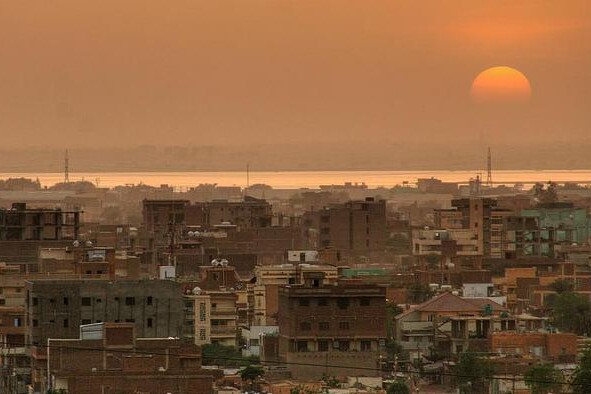Last week Tunisia’s President Beji Caid Essebi signed a declaration granting independent journalism and the right to information.
The new declaration, signed after 20 months of consultations with technical and media experts, was approved in a meeting with representatives from UNESCO, the Office of the High Commissioner for Human Rights and the International Federation of Journalists (IFJ).
The declaration commits to independent journalism and the right of information, and is “a recognition that press freedom and independent journalism is not only a force for public good, it is also public good,” said Monir Zaarour, IFJ coordinator for the Arab World.
Earlier in spring, Reporters Without Borders noted that Tunisia went up 30 places in the Press Freedom Index, compared to last year. This might have been facilitated by the country’s transition to democracy, which helped to strengthen the public media sector through various reforms.
Now, with the new declaration, Tunisia is taking even more steps towards consolidating that transition, which may encourage other countries to follow. Tunisia is indeed the second state in the Arab World to sign the declaration after Palestine, which signed the document earlier this month. “Signing the declaration today will pave the way for the establishment of a regional mechanism to support media freedom in the Arab world that is truly independent from government control with the declaration at its heart,” said Zaarour.
The declaration is calling for the government, NGOs, civil society movements, journalist unions and other stakeholders to sign the declaration and promote and defend its main principles.These include: freedom of expression, freedom of information, equality, media law reform, hate speech and intolerance, and the independence of public service broadcasters.
Thumbnail image: Ben Khalifa Wissam/Creative Commons
Related Posts
12th January 2017
Sudan becomes fourth country to sign Declaration on Media Freedom
Sudan has joined three other countries…
30th June 2016
Media Groups in the Philippines seek better relationship between media and the president
Media groups wrote an editorial…
